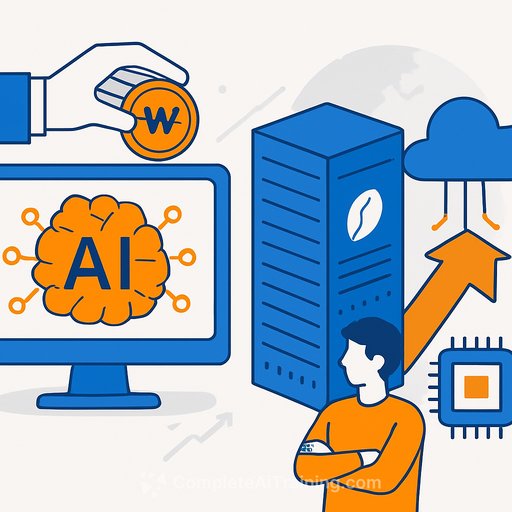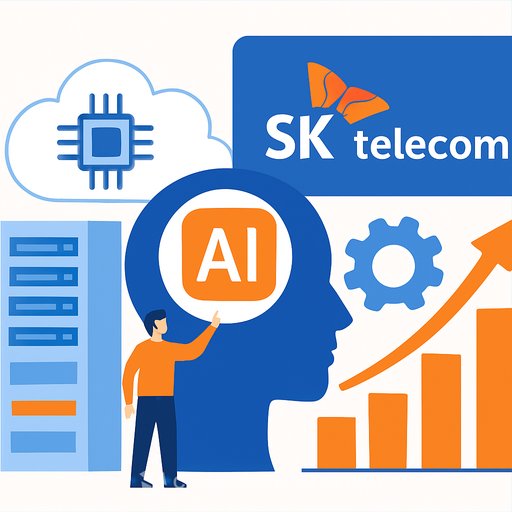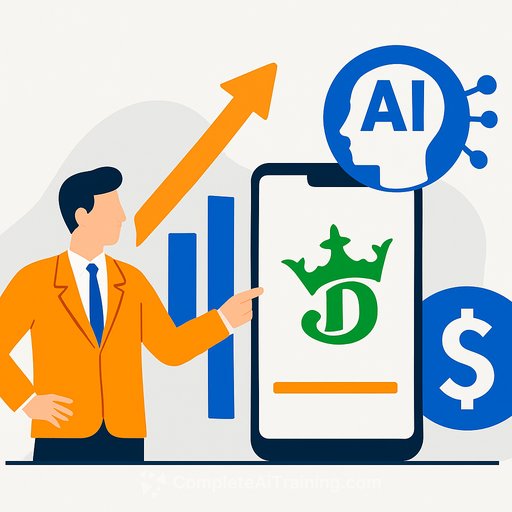Bain & Company: A CEO's Guide to AI Transformation in Southeast Asia + New AI Innovation Hub in Singapore
AI is rewriting how companies compete. In Southeast Asia, the winners won't be the ones with the most tools - they'll be the ones whose CEOs treat AI as a business transformation with clear outcomes, speed, and scale.
That's the core message from Bain & Company's new report, "The Southeast Asia CEO's Guide to AI Transformation: Six lessons that can turn AI Potential into a competitive edge for Southeast Asia," released alongside the launch of Bain's AI Innovation Hub in Singapore.
The signal for CEOs
The report urges leaders to start with an outside-in view: how AI will reshape your market, your economics, and your operating model. Then pick a small number of bets tied to tangible business outcomes - not tool deployments.
"CEOs need to recognize that a successful AI strategy goes beyond deploying tools. Too many companies still take a technology rollout approach, which creates limited impact," said Aadarsh Baijal, senior partner at Bain & Company. "Leaders should understand how AI will disrupt their market and anchor adoption in concrete business outcomes, such as lowering supply chain costs or speeding up product launches."
Value creation in Southeast Asia looks different
Productivity alone won't carry the returns. With average monthly wages around 7% of US levels, headcount reduction has limited effect on the bottom line. Growth, speed, and new revenue need to be front and center.
Scale is another constraint. Large-cap companies account for only 40% of the region's market capitalization (vs. 60% in India), which means fewer firms can spread upfront AI investments across big operations. This puts a premium on precision: fewer pilots, stronger business cases, and faster paths to production.
Six practical moves to scale AI
- Start outside-in: Map where AI changes customer behavior, economics, and your competitive position - then align your strategy to that future.
- Bet with intent: Choose a handful of high-impact use cases (e.g., supply chain cost, speed to market) and kill everything that doesn't move the needle.
- Measure speed and scale: Set KPIs around time-to-outcome and cost-to-scale, not just accuracy or model performance.
- Redesign the core: Use AI to rework commercial and delivery models to expand capacity and productivity without growing headcount.
- Build the "Lab" and the "Crowd": A focused team to reinvent processes, and an upskilled workforce to drive adoption across the business.
- Use the talent you have: Treat scaling as a change-management challenge, not just a hiring plan. Your teams can lead the shift with the right operating system and training.
"Many CEOs view scaling AI as a hiring challenge. In reality, the talent to drive transformation often already exists within the business," said Mohan Jayaraman, senior partner at Bain & Company. "Lasting impact comes when existing teams lead the change - that's what separates stalled pilots from real transformation."
Singapore's AI Innovation Hub: from pilots to production
Bain & Company is launching an AI Innovation Hub in Singapore, supported by the Singapore Economic Development Board (EDB). The hub will help companies move from experimentation to enterprise adoption, with production-grade solutions and the capability-building to support them.
Focus sectors include advanced manufacturing, energy and natural resources, financial services, healthcare, and consumer products and retail. Expect work on predictive maintenance, regulatory support, and large-scale personalization - delivered through proofs of concept and minimum viable products - plus help standing up AI centers of excellence and embedding engineering excellence.
"Bain's new AI Innovation Hub is an exciting addition to Singapore's vibrant and growing AI ecosystem. By focusing on AI solutions that can be deployed and scaled in sectors from manufacturing to services, the hub can help more companies, and workers, adopt and benefit from AI," said Junie Fo, vice president, professional services at EDB. Learn more about EDB's role.
With 1,000+ AI startups in Singapore and an estimated US$145 billion in economic benefits attributable to AI by 2030, the hub arrives at the right time to help companies move faster with less risk.
What to do next (90 days)
- Pick two use cases tied to revenue growth or cost-to-serve. Define the business case and the path to production early.
- Name an accountable owner at the business-unit level; pair them with a technical lead. Set weekly checkpoints on time-to-outcome KPIs.
- Stand up a small "Lab" squad (product, engineering, data, ops) and a "Crowd" program to upskill the teams that will use the tools.
- Redesign one core workflow end-to-end (not a demo). Measure cycle time, error rate, and throughput.
- Set scale rules: security, data quality, vendor stack, and change-management playbook. Avoid one-off pilots.
Bottom line: Treat AI as a business model upgrade. Lead with outcomes, measure speed, and scale what works.
Want a structured path to build AI fluency across roles and functions? Explore curated learning tracks for teams and leaders at Complete AI Training - Courses by Job.
Your membership also unlocks:





